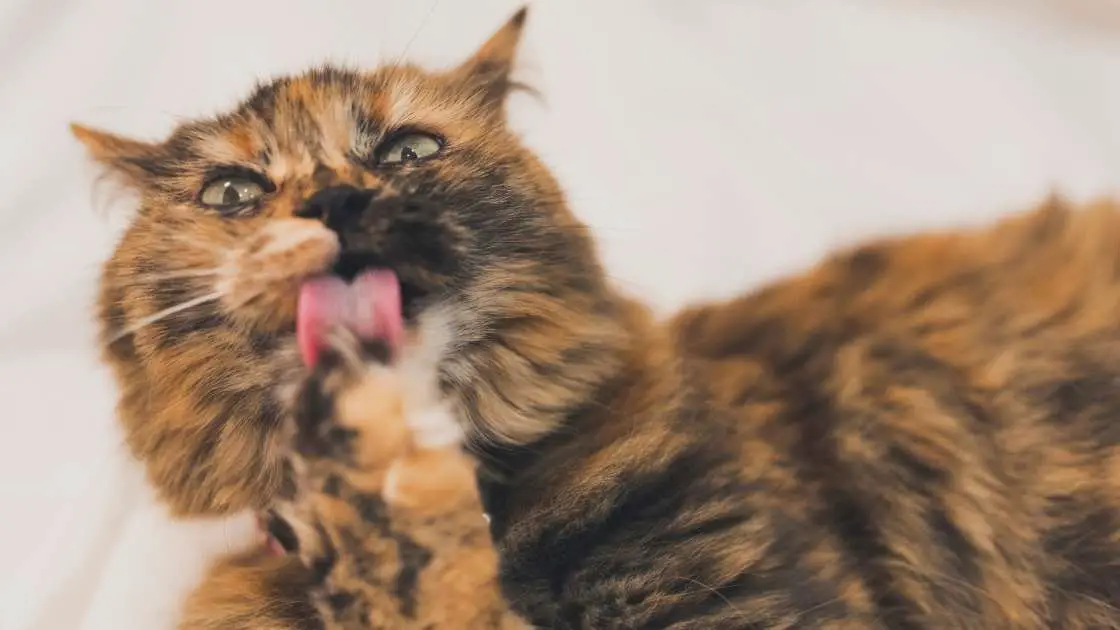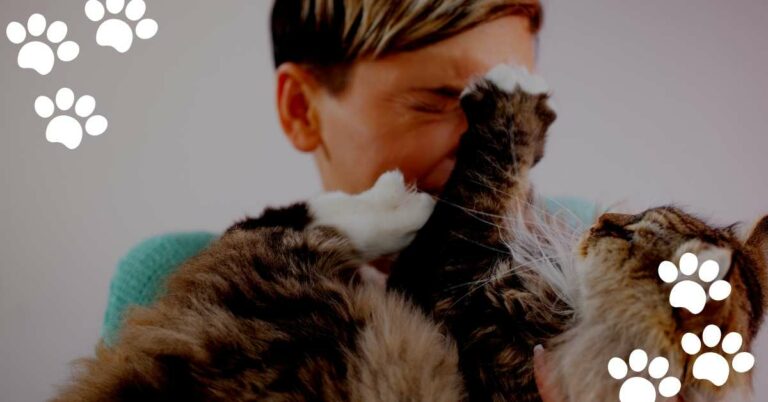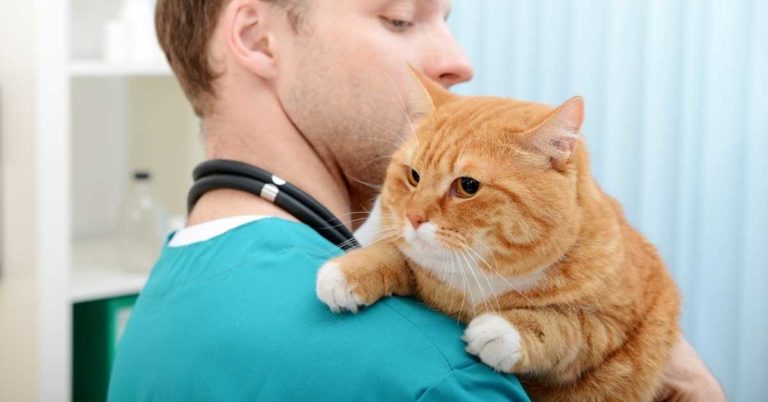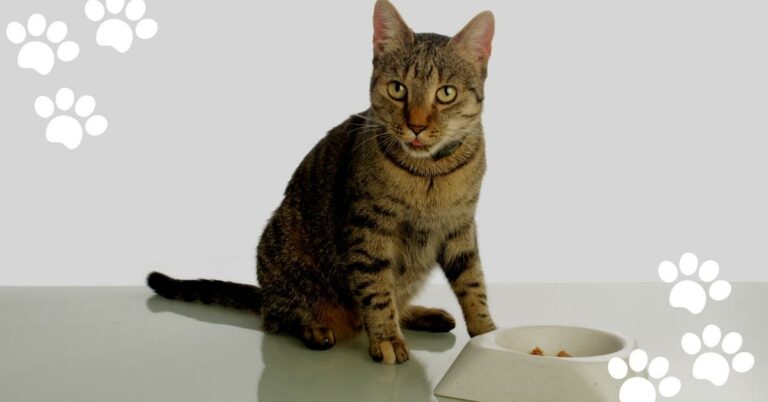Why Does My Cat Lick The Shower Curtain? (5 Possible Reasons)
It’s a mystery why cats lick the shower curtain. Some people think it’s because they’re thirsty and the water droplets on the curtain look like drinking water to them.
Others believe that the soap or shampoo residue left on the curtain smells like their favorite food, so they lick it off. And still others think that licking the shower curtain helps keep their fur clean.
In this blog post, we’ll explore each of these theories to see if there’s any truth to them. So, why does your cat lick the shower curtain? It could be for one of these reasons:
Theories On Why Cats Lick The Shower Curtain

1. Thirst Or Taste For Water Droplets
One theory is that cats see the water droplets on the shower curtain and think they’re drinking water. This could be true, as cats are known to be attracted to running water.
However, it’s unlikely that your cat is licking the shower curtain because they’re thirsty. If your cat is thirsty, they’ll probably drink from their bowl or go looking for a dripping faucet.
2. Smell Of Soap Or Shampoo Residue
Another theory is that the smell of soap or shampoo residue on the shower curtain reminds your cat of their favorite food. Cats have a strong sense of smell, so it’s possible that the scent of soap or shampoo is appealing to them.
It’s also worth noting that some shampoos and soaps contain fish oil, which is a common ingredient in cat food.
3. Cleaning Their Fur
Another possibility is that your cat is licking the shower curtain to clean their fur. Cats groom themselves by licking their fur, and they may see the shower curtain as an extension of their own body.
Additionally, the water droplets on the shower curtain may help to remove any dirt or debris from your cat’s fur.
4. Your Cat May Have Pica
If your cat regularly licks non-food items, such as the shower curtain, they may have a condition called pica. Pica is a disorder that causes people or animals to eat non-food items.
In some cases, pica can be harmful, as it can lead to ingestion of toxins or choking. If you’re concerned that your cat may have pica, please consult your veterinarian.
5. It Could Be A Sign Of Boredom
Another possibility is that your cat is licking the shower curtain because they’re bored. Cats are curious creatures, and they may lick the shower curtain out of sheer boredom.
If your cat is bored, try providing them with toys or interactive feeders to keep their minds engaged.
Is There Any Health Risk Associated With Cats Licking The Shower Curtain?
Let’s face it, we’ve all seen our cats licking the shower curtain. And while it may seem gross to us, there’s no denying that they seem to enjoy it. But is there any health risk associated with this behavior?
As it turns out, there is a potential risk of toxoplasmosis, a parasitic infection that can cause serious health problems in humans.
Toxoplasmosis is typically spread by contact with contaminated soil or water, but it can also be transmitted through the feces of infected animals, including cats.
So if your cat licks the shower curtain and then you use that same shower curtain, you could be exposing yourself to toxoplasmosis.
Fortunately, the risk of toxoplasmosis from a cat licking a shower curtain is relatively low. And there are ways to reduce your risk even further, such as washing your hands after handling any objects that your cat has licked.
So while there is a small risk associated with this behavior, it’s probably nothing to worry about too much.
Conclusion
There’s no definitive answer as to why cats lick the shower curtain. However, there are a few theories that attempt to explain this behavior. Some believe that cats lick the shower curtain because they’re thirsty or because they smell something appealing on the curtain.
Others believe that cats lick the shower curtain to clean their fur or because they’re bored. Ultimately, only your cat knows why they lick the shower curtain. If you’re concerned about your cat’s licking behavior, please consult your veterinarian.






